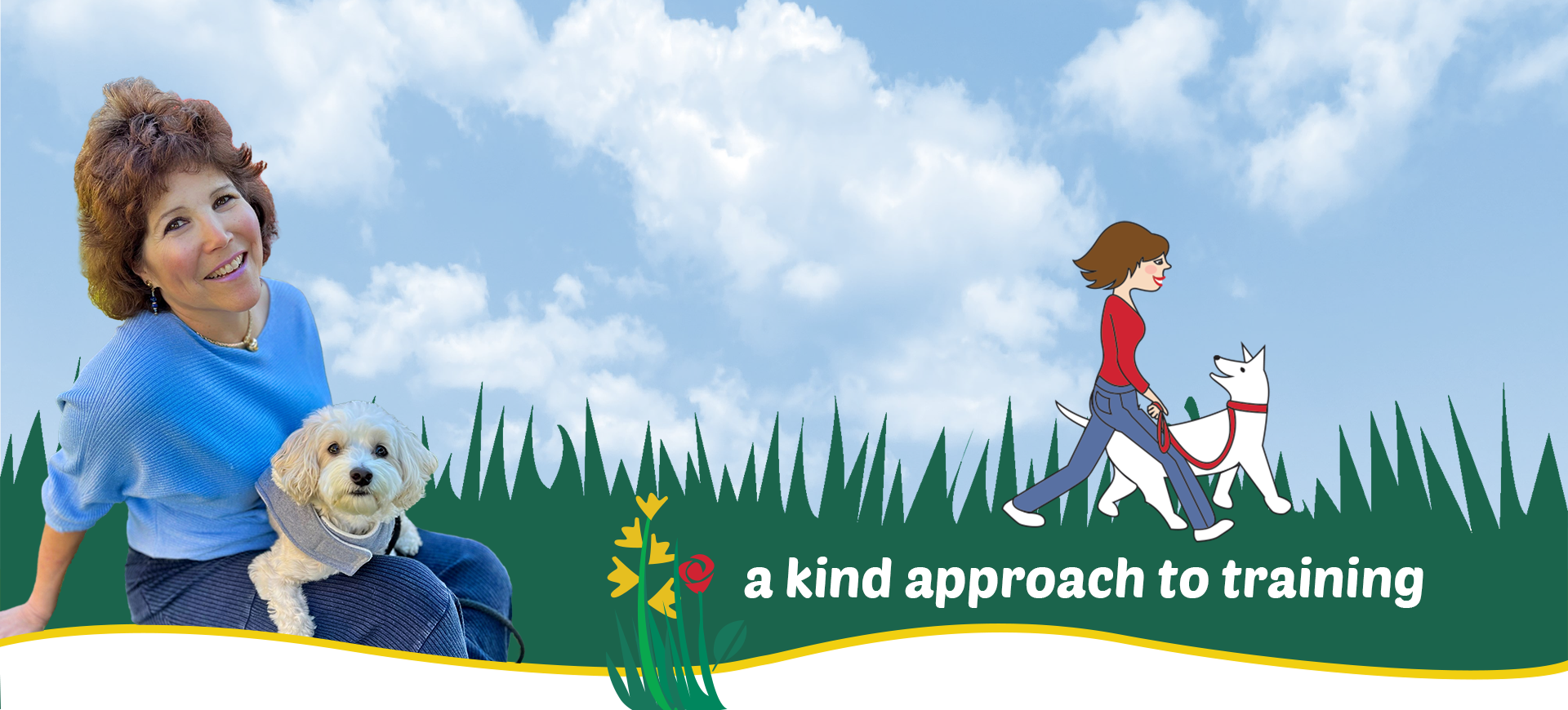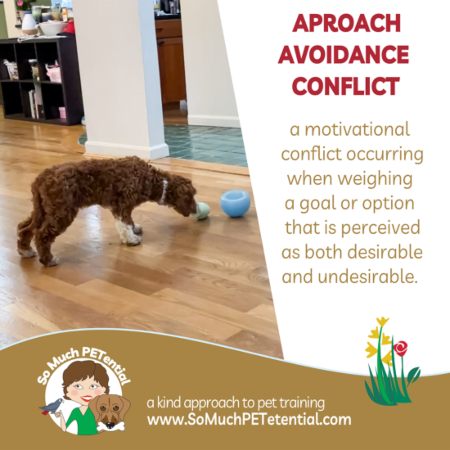I have heard it said a lot, “a tired dog (or puppy) is a good dog” and usually that phrase references physical activity.
Absolutely physical activity is important to the health of your dog but at what point does it become too much of a good thing? Is the answer to ‘bouncing off the wall, zoomy, jumpy dogs’ more exercise? I want to explore that topic today.
 Often the response of puppy parents when they see their young companion running in circles, or suddenly get very grabby to clothing or prone to rapid barking (I will call those ‘crazy behaviors’), is that they give their puppy more exercise in the form of a walk or a fast game. However, what those crazy behaviors are indicative of is a very overly tired young animal that is in need of rest (a puppy needs more than 16 hours of sleep daily).
Often the response of puppy parents when they see their young companion running in circles, or suddenly get very grabby to clothing or prone to rapid barking (I will call those ‘crazy behaviors’), is that they give their puppy more exercise in the form of a walk or a fast game. However, what those crazy behaviors are indicative of is a very overly tired young animal that is in need of rest (a puppy needs more than 16 hours of sleep daily).
Several problems can happen with that response. The puppy is beyond good decision-making mode and so will practice (and gain reinforcement from) those crazy behaviors. It also does not take long for them to learn from experience that crazy behaviors get good stuff to happen like walks or games or sensory stimulation. Additionally, the puppy is gaining stamina to do more of those things humans typically do not like. A better alternative is to give your puppy mental stimulation as well as physical activity (around 20 minutes or so depending on the puppy and its age) that can be in for form of play, walking, training or brain games, etc. and then relaxation time that can be in its confinement area with a chew toy for its much-needed rest BEFORE the zoomies hit.
It is very easy for people to teach their dogs and puppies that wild and crazy behavior gets them awesome things in life. I see it happen a lot. If a dog would get as much reinforcement from running up to people and sitting or laying down as it did from jumping, barking, pawing, or running around, it would choose to sit or lay down more often. But that is not what their environment has taught them to do.
The thing to keep in mind is that arousal (meaning increased heartrate and any of the following – panting, rapid movements, barking, pacing, jumping, pawing, staring, freezing, or poor impulse control) is stressful on a body. Even positive stress, known as eustress, is a tough state to be in for an extended period of time. It causes physical changes in the body that take awhile to recover from. (See my post on trigger stacking.) You will be doing your dog or puppy a great deal of good by teaching it that calm behaviors work to get good things to happen – including by the way, much needed rest.
So, let’s go back to the physical exercise. You can see how a dog that has built up stamina and lives in a high level of arousal would have a tough time calming down. Dogs that spend a lot of time during highly arousing activities like playing with dogs at day care or the dog park, chasing objects, and being hypervigilant around lots of stimulus do not get an adequate chance to rest their bodies and lower their hormone levels. Remember that puppy that became real bitey and barky when overly tired? Well, you may see more humping and aggressive dog-dog play too without proper relaxation time.
A problem with relying on physical exercise to solve behavior issues is that, as your pet builds its stamina, it will need more and more exercise. Those dogs are tough human companions. While exhausting your dog may help you in the short term or with a specific situation like your needing your dog to value rest when you are expecting visitors, in the long term, you will be helping yourself and your pet to succeed by doing more to focus on teaching (and building value for) calm behaviors, self-control, and mental stimulation. Teach your dog what you want your dog to do in different situations.
Yes, your dog will need exercise – different breeds and different individuals need more than others, but in general don’t do the extra strenuous activity every day. There are so many other options for your dog to have fun…and have fun with you!







